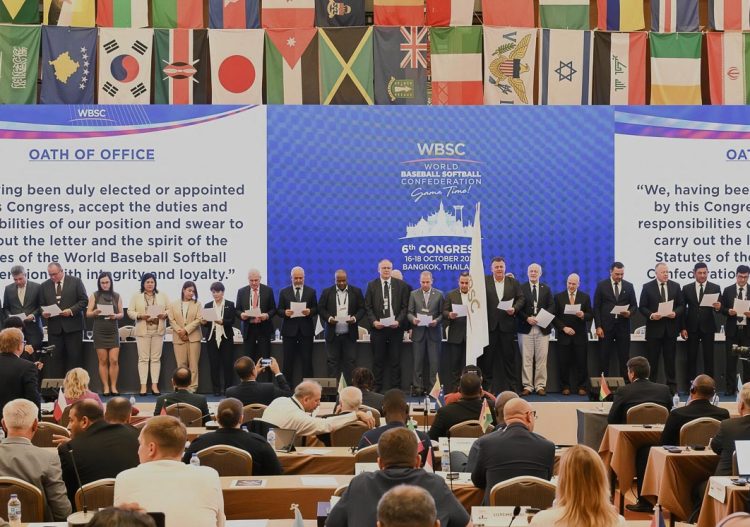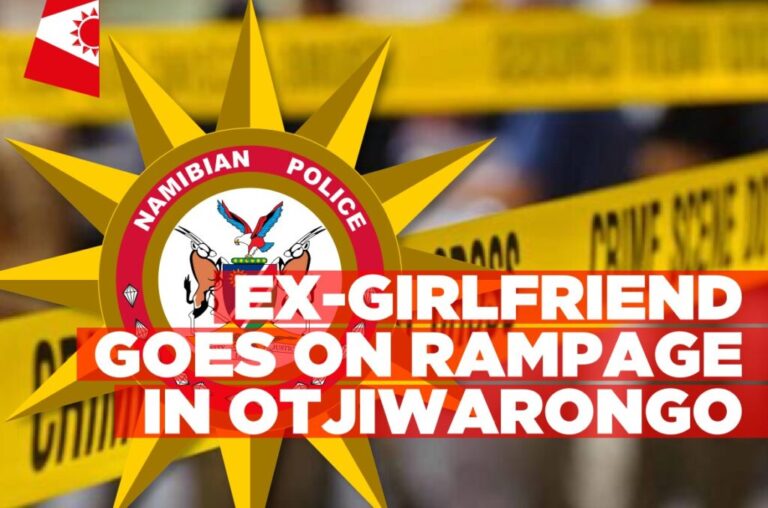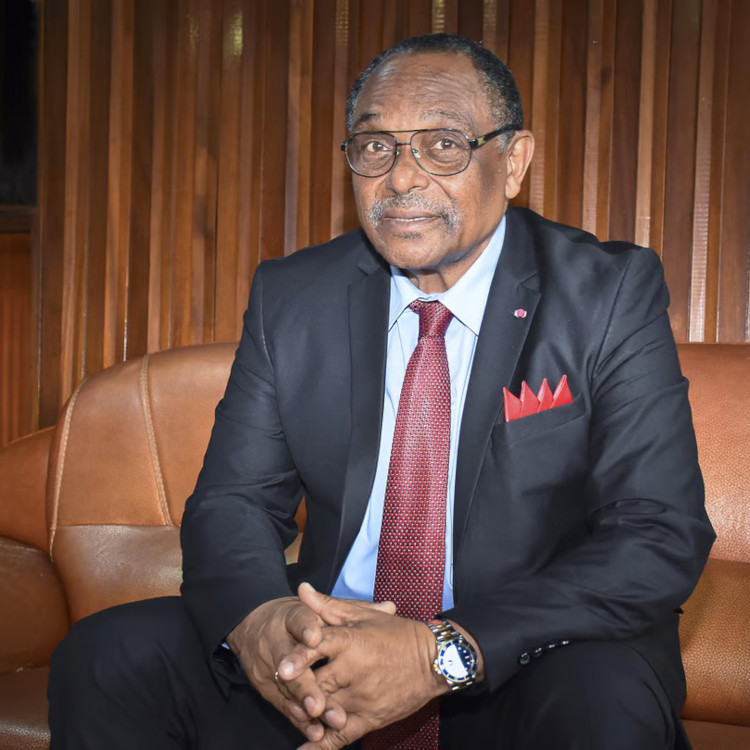
Monrovia—The Management Team of the National Insurance Corporation of Liberia (NICOL) has unveiled a bold fiscal reform and national asset protection plan designed to generate new streams of domestic revenue, protect public assets, and support the Government’s ARREST Development Agenda.
By: Yawah Y. Jaivey
The plan, submitted last week to the Ministry of Finance and Development Planning’s Budget Hearing Committee, identifies strategic pathways for revenue mobilization, fiscal discipline, and institutional reform through the enforcement of existing insurance laws and the reintroduction of compulsory insurance coverage for all government vehicles and assets.
“At the heart of the initiative is a tripartite Memorandum of Understanding (MOU) between NICOL, the General Services Agency (GSA), and the Ministry of Transport (MoT). Under the proposed framework, no government vehicle will be coded, registered, or renewed without valid insurance coverage from NICOL, consistent with the provisions of the NICOL Act,” a NICOL statement stated.
NICOL’s Legal Mandate: Exclusive Power to Insure Government Assets
According to NICOL, it authority is grounded in Section III of the National Insurance Corporation of Liberia Act (PRC Decree No. 81 of 1984), which states that, “The Corporation shall have the exclusive power to effect all insurances of the Government of Liberia, public corporations, and any other business in which the Government of Liberia is fifty percent (50%) shareholder or more.”
The statement added, “This statutory mandate establishes NICOL as the exclusive insurer of government-owned and government-controlled entities. However, compliance with this law has deteriorated over time. Current data reveal that over 80% of government vehicles are not insured, leaving public assets exposed to significant financial and operational risks.”
Alignment with the Government’s ARREST Agenda
The proposed NICOL plan, the management said, is fully aligned with the Government of Liberia’s ARREST Agenda under President Joseph Nyuma Boakai, under the pillar of Rule of Law and Governance.
NICOL said the through enforcing compliance with existing insurance laws and strengthening institutional accountability, the plan reinforces good governance and public sector integrity.
The statement added that its plans also support the Education and Empowerment pillar of the government through the implementation of the training and certification programs for young Liberians in underwriting, claims management, and risk assessment, NICOL aims to build local human capacity in the insurance sector.
The NICOL divulged that the plans intent to cover the ARREST’s agenda Sanitation and Infrastructure component with the full implementation of a initiative that will help preserve public assets—including government vehicles and infrastructure—reducing wasteful spending and improving asset maintenance culture.
Also, NICOL statement revealed that the corporation planned to support the pillar of the government’s development agenda that focuses on tourism and economic growth through the promotion of a stable, insured, and well-managed public sector environment, which contributes to investor confidence and supports the broader tourism and business climate.
However, the management of the National Insurance Corporation of Liberia (NICOL) expressed optimism that these reforms directly support the ARREST Agenda’s overarching objective of accountability, efficiency, and people-centered governance.
Administrative Regulation and Presidential Backing
At the same time, NICOL management team has emphasized that implementation of this reform must be executed through an Administrative Regulation issued jointly by the Ministry of Finance and Development Planning and the Office of the President.
The regulation, NICOL management said, will institutionalize government insurance compliance and make insurance a mandatory budget line for all government entities beginning FY2026, embedding it within the national fiscal and expenditure framework.
Protecting Public Assets and Expanding Fiscal Space
“Between FY2018 and FY2024, the Government of Liberia reportedly spent over US$5.3 million on repairs and replacements for damaged or written-off vehicles—expenditures that could have been mitigated through insurance,” the statement read.
According to NICOL’s management, under the new MOU, NICOL would absorb up to 80% of these risks, allowing government to reduce fiscal burdens, ensure predictable budgeting, and improve accountability in asset management.
Projected Revenue and Economic Benefits
Also, NICOL management has projected that enforcement of the national vehicle and asset insurance policy could generate over US$1.1 million in annual premiums, producing US$324,500 in annual direct government revenue through corporate taxes, excise duties, and dividends.
Job Creation and Economic Inclusion
The statement further that NICOL latest plan is also expected to stimulate job creation for ordinary Liberians through direct and indirect economic activities.
Under direct employment, NICOL promised to expand its workforce to include new insurance agents, claims officers, risk assessors, and compliance monitors across all 15 counties.
NICOL also promised to create indirect employment through the establishment of partnerships with local garages, car dealerships, surveyors, and ICT firms, which will create hundreds of auxiliary jobs in vehicle assessment, repair, logistics, and administrative services.
As part of its plan for youth empowerment, NICOL has disclosed that it intends to collaborate with universities and vocational institutions to train young professionals in underwriting, claims, and digital insurance services—creating sustainable employment pathways.
“In total, the initiative could create or sustain over 500 jobs nationwide during its first three years of implementation,” the statement added.
Reviving the 10% Compulsory Cession Law
The plan also calls for strict enforcement of Section XVII of PRC Decree No. 81 (1984), which mandates all private insurance companies to cede 10% of each policy issued or renewed to NICOL.
NICOL’s stated added: “Non-compliance with this provision since 2000 has led to an estimated US$57 million in revenue loss. Enforcing it today could generate approximately US$2.5 million annually, strengthening NICOL’s solvency and Liberia’s insurance ecosystem.”
Fiscal and Institutional Impact
NICOL asserted that the MOU implementation and 10% cession enforcement could yield over US$3 million annually in fiscal impact—via taxes, dividends, and expanded local business activity—while revitalizing public confidence in national institutions.
According to Hon. Abdullah S. Swaray, Acting Managing Director of NICOL, the plan is fully in harmony with President Boakai’s ARREST Agenda, which ensures accountability under the Rule of Law, supports youth empowerment through job creation, and promotes efficiency in managing national resources. For the first time in years, he said, Liberia will protect its public assets while generating new revenue for development.”
A Strategic Step Toward Fiscal Discipline and Institutional Reform
The management said NICOL’s reform proposal marks a cornerstone of its 2025–2029 Transformation and Market Recovery Strategy, representing a key step toward modernizing the insurance sector, ensuring financial resilience, and reinforcing state-owned enterprise performance.
The Management Team reaffirmed its commitment to work closely with the Ministry of Finance, Central Bank of Liberia, and the Office of the President to ensure the regulation’s full operationalization by 2026.
“With the ARREST Agenda as our guide, NICOL’s reform will not only generate revenue but will also empower Liberians, protect public assets, and build a culture of accountability,” Swaray said.












